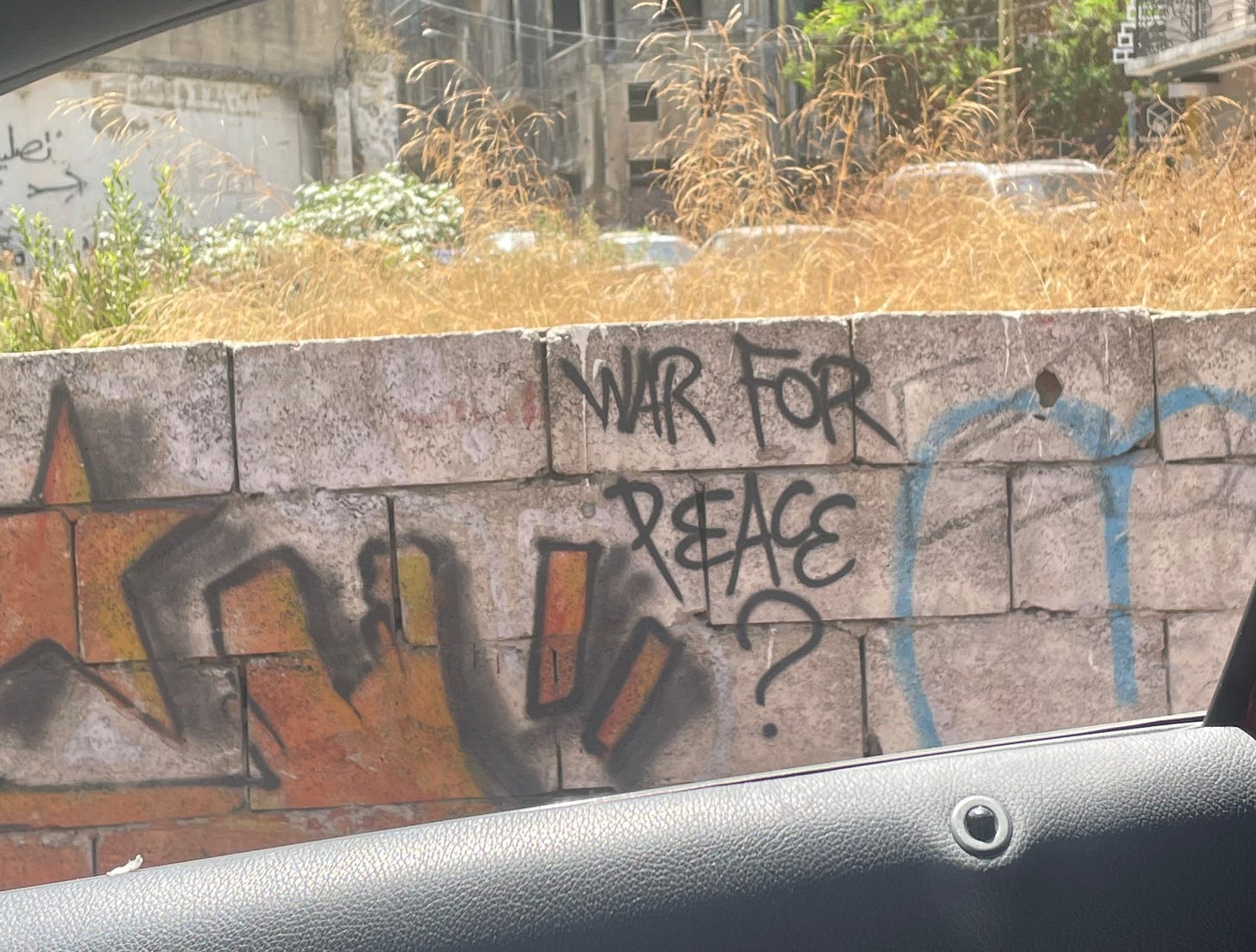Doses of Daily Life in Beirut
Accepting the absurd for the sake of sanity
Every morning, I start scrolling before my eyes have adjusted to daylight. It’s a horrible habit, sleeping with my phone. I’m afraid not to though. What if something happens in the middle of the night?
I think about people who were thrown across their living rooms on a random August Tuesday, people that were crushed as their buildings collapsed during a…




